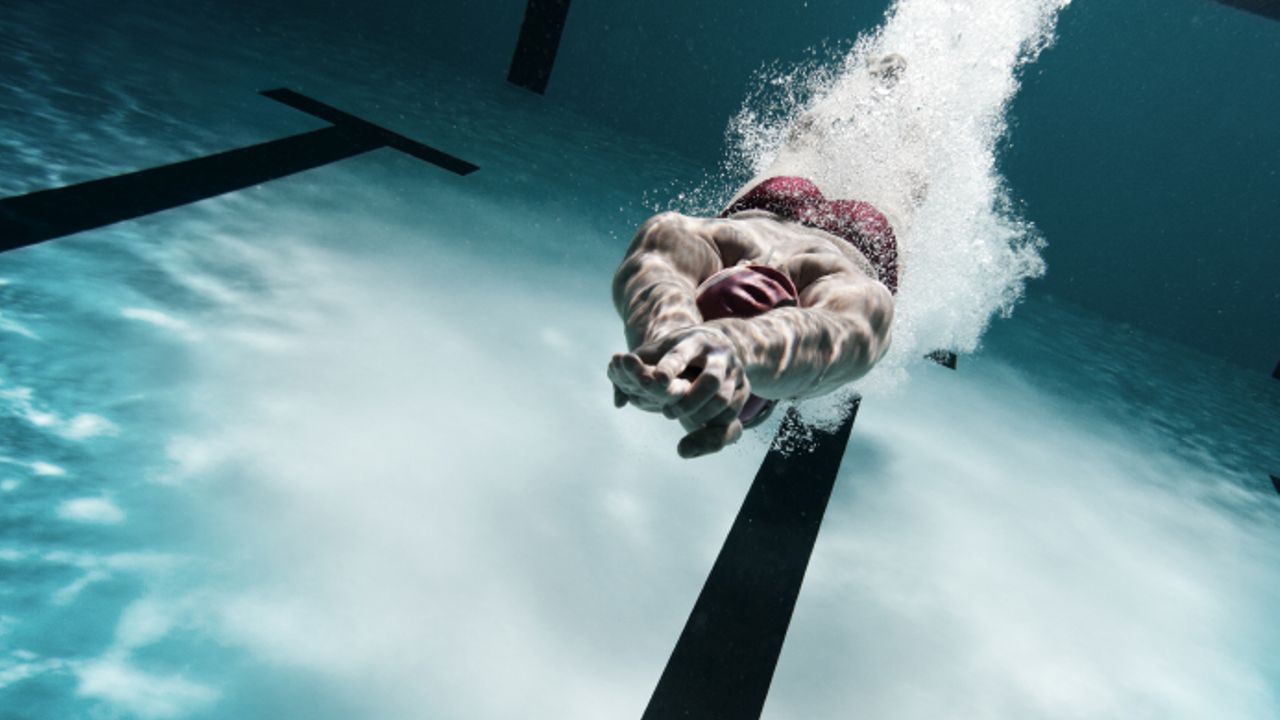Swimming in the pool and ORL pathologies
Swimming is an extremely healthy activity and is commonly recommended as a sport suitable for all ages.
Provided that you enjoy good health at ORL level !!
There are in fact a series of ORL pathologies that undergo considerable aggravations if the patient who suffers it practices swimming in the pool
What are the causes of the problem?
1) CHEMICAL FACTORS
The water of the pools, to keep itself crystalline and healthy, must undergo processes of FILTRATION and DISINFECTION .
The most common means of disinfecting water is CHLORUS . It is in fact a common experience that when entering an indoor pool you are hit by a strong smell of "bleach", that is SODIUM HYPOCLORITIS due to the evaporation of substances called chloramine.
Chlorine is a powerful chemical that has a bactericidal and corrosive action.
In fact, in the pools all metal objects undergo rapid corrosion and the clothing bleach quickly.
The dosage of chlorine is constantly monitored by the staff: the amount necessary to obtain clean water varies depending on several parameters, the most important of which are the WATER TEMPERATURE and the NUMBER OF BAGNANTI .
It is therefore obvious that in the children's pools the dose of chlorine is kept very high (hot water and many children).
Chlorine evaporates creating a gas that is breathed in the pools indoors, moreover the chlorinated water entering the nostrils and the ears causes an irritant action on the mucous membranes, which is the more intense the more protracted the contact is.
Let's now look at the main ORL morbid pictures that are disturbed by swimming in the pool
- acute rhinitis
- acute and chronic sinusitis
- adenoiditis
- acute external otitis
In the case of auricular disease the chemical action of chlorine is exacerbated by the maceration of the skin of the duct caused by the water that stagnates after the baths.
Obviously the picture is different in case the pool is sanitized with modern "salt" or "ozone" systems.
2) PHYSICAL FACTORS
The physical problem concerns temperature changes.
The pool water for competitive swimming is kept around 24-26 ° C while for "fun" at around 30 ° C.
Remember that our body temperature is 36 ° C.
As in physics, heat always passes from the warmest body to the coolest one, dipping into water, "warming" the pool, giving warmth to our body.
This phenomenon is all the more intense the lower the mass of the person, which means that children cool off much faster than adults.
For this reason patients, especially pediatric patients, with ongoing cooling diseases should not take a bath because, in addition to the CHEMICAL PROBLEM , also the PHYSICAL PROBLEM, and both they would help to hinder healing.

